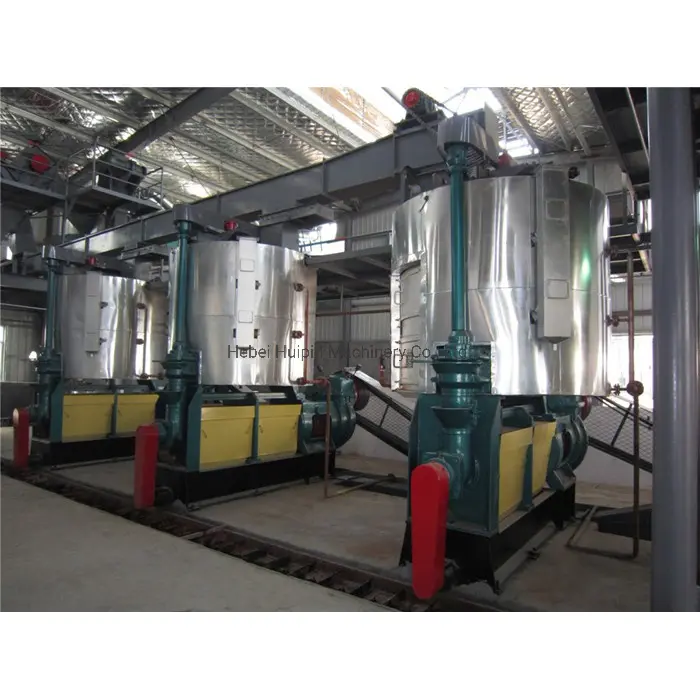Dec . 03, 2024 16:47 Back to list
vegetable oil production line suppliers
The Growing Demand for Vegetable Oil Production Line Suppliers
In recent years, the global consumption of vegetable oils has surged, driven by increasing awareness of health benefits, rising population, and a growing demand for processed food. As a result, the vegetable oil industry is witnessing unprecedented growth, prompting the emergence of numerous suppliers offering vegetable oil production lines. This article explores the importance of these suppliers, the components of a vegetable oil production line, and the future of the vegetable oil industry.
Importance of Vegetable Oil Production Line Suppliers
Vegetable oil production line suppliers play a crucial role in the edible oil industry. They provide the necessary equipment and technology to efficiently produce high-quality vegetable oils from raw materials such as soybeans, sunflowers, canola, and palm. These suppliers not only provide machinery but also offer expertise in optimizing production processes, ensuring compliance with safety and quality standards, and maximizing yield.
The demand for customized solutions has increased, as producers seek ways to enhance efficiency and reduce operational costs. Suppliers that can provide tailored production lines equipped with the latest technologies—such as cold pressing, solvent extraction, and refining—are particularly valuable. This adaptation to specific market needs allows producers to stay competitive in a rapidly evolving industry.
Key Components of a Vegetable Oil Production Line
A typical vegetable oil production line consists of several key components, each contributing to the overall efficiency and quality of the final product. Here are the main stages involved
1. Cleaning and Sorting Raw seeds need to be cleaned to remove impurities, dust, and foreign materials. Effective cleaning ensures that the subsequent processing stages are more efficient and yields higher-quality oil.
2. Dehulling This step involves removing the outer hull of oilseeds, which can affect oil yield and quality. Dehulling not only improves oil extraction efficiency but also contributes to lower oil acidity.
vegetable oil production line suppliers

3. Crushing and Oil Extraction This is the core of the production process. The seeds are crushed to release oil. Depending on the method used, producers may choose mechanical pressing or solvent extraction. Each method has its advantages, such as higher yield rates or better oil quality.
4. Refining Raw oil often contains impurities such as free fatty acids, phospholipids, and pigments. Refining processes, including degumming, neutralization, bleaching, and deodorization, are conducted to produce a purified oil suitable for consumption.
5. Filling and Packaging Once refined, the oil is packaged into bottles or containers, ready for distribution. Efficient filling and packaging systems are crucial to preventing waste and ensuring product longevity.
The Future of the Vegetable Oil Industry
The future of the vegetable oil industry looks promising, but it is also filled with challenges. As global populations increase, the demand for vegetable oil is expected to rise continually. However, this surge in demand brings issues such as sustainability, environmental concerns, and fluctuations in raw material prices.
To address these challenges, many suppliers are investing in innovative technologies. Automation and artificial intelligence are playing significant roles in optimizing production lines, reducing labor costs, and increasing productivity. Moreover, the development of sustainable practices—like sourcing raw materials from certified sustainable farms—will become increasingly important.
Additionally, as consumer preferences shift towards organic and non-GMO oils, suppliers will need to adapt their production lines to accommodate these trends. This includes developing processes that can handle alternative raw materials and ensuring transparency in sourcing and production practices.
Conclusion
In conclusion, vegetable oil production line suppliers are essential to the edible oil industry, facilitating the efficient production of high-quality vegetable oils. As the demand for vegetable oils continues to grow, these suppliers must adapt their strategies to meet changing consumer preferences and address sustainability concerns. By investing in innovative technologies and sustainable practices, vegetable oil production line suppliers can not only thrive in this competitive market but also contribute to a more sustainable future for the industry.
-
Efficient Black Seed Oil Expeller & Multi-Seed Oil Press
NewsAug.19,2025
-
HP 120 Model Cold Oil Press-Hebei Huipin Machinery|Energy Efficiency, Multi-Functionality
NewsAug.18,2025
-
HP 120 Model Cold Oil Press-Hebei Huipin Machinery|Oil Extraction, Multi-Functional
NewsAug.18,2025
-
HP 120 Cold Oil Press - Hebei Huipin | Automation & Efficiency
NewsAug.18,2025
-
Safflower Oil Press Service: Efficient & Quality Extraction
NewsAug.18,2025
-
HP 120 Cold Oil Press-Hebei Huipin Machinery|Oil Extraction, High Efficiency
NewsAug.17,2025
